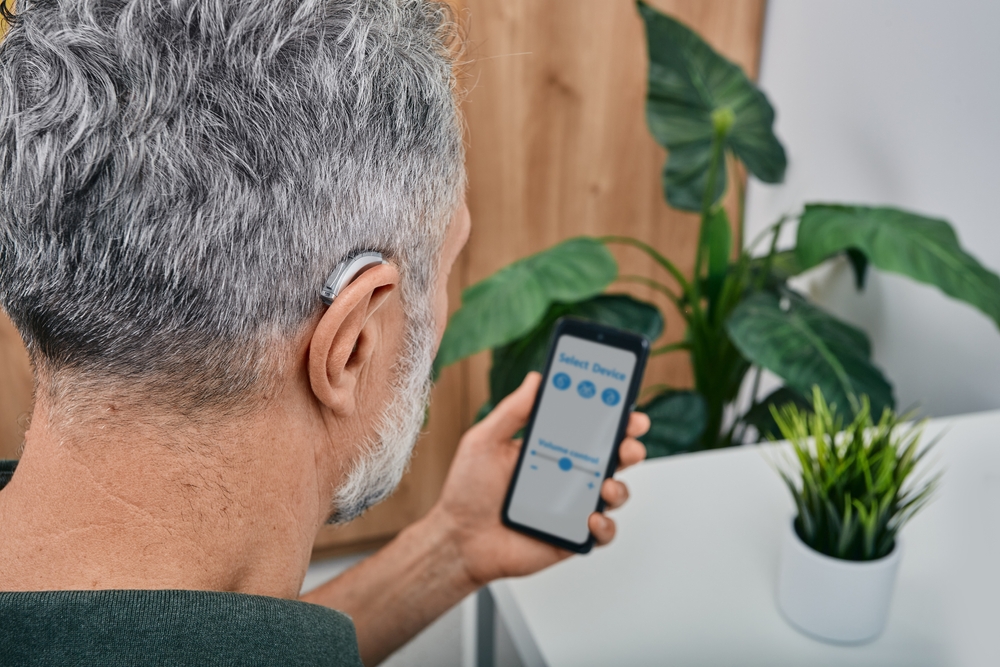Even mild hearing loss can substantially impact daily life, affecting interactions with friends, family, and co-workers, as well as complicating regular activities such as grocery shopping. However, the introduction of well-calibrated hearing aids can lead to transformative changes.
Top ten reasons to get hearing aids
Although enhancing hearing is the evident and primary benefit of hearing aids, their positive effect goes far beyond that. The following will thoroughly outline those advantages.
Improved relationships and communication
Clear communication is the basis of healthy relationships. Untreated hearing loss frequently leads to missed conversations and misunderstandings, which can strain relationships. Feelings of separation and frustration will be reduced and your ability to communicate with others will be enhanced by using hearing aids.
Being more independent
Neglected hearing loss results in barriers in communication causing tasks like going shopping to become challenging. Hearing aids empower you to navigate these situations independently by increasing your ability to hear and understand speech in various settings. This increased independence extends to activities like driving, where improved situational awareness results in safer experiences.
Possibility of making more money
In professional situations, successful communication is crucial. Untreated hearing loss can hinder your ability to engage in meetings or discussions fully, potentially influencing job performance and career development. You can increase your productivity, which can, in turn, lead to career opportunities, by using hearing aids to stay more alert and engaged.
Reduced Tinnitus Symptoms
Tinnitus, characterized by ringing in the ear, commonly accompanies hearing loss. Hearing aids can provide relief from tinnitus for some people by masking symptoms.
Cognitive decline can be mitigated
Some studies have revealed a connection between untreated hearing loss and mental decline, including dementia. By addressing hearing loss with hearing aids, you could decrease the risk of cognitive impairment and maintain better overall brain health.
The enjoyment of music
Hearing loss can distort the perception of music, making it less enjoyable. Hearing aids restore the fullness and depth of musical sounds by compensating for gaps in frequency, allowing you to rediscover the pleasure of listening to your favorite songs.
Increased confidence
Whether you’re in a social or professional setting, being able to hear better will give you more confidence. With improved communication abilities, you’ll feel more self-assured and capable, enhancing your general quality of life.
Having more energy
Neglected hearing loss forces the brain to work extremely hard to fill in missing sound which can be mentally draining. Hearing aids reduce this strain, providing mental relief and allowing you to enjoy activities without feeling constantly tired.
Awareness and safety can be increased
Awareness of one’s surroundings is essential for safety, whether it’s crossing the street or driving a car. Hearing aids restore environmental sounds, like approaching vehicles or alarms, ensuring that you can respond appropriately and safely.
Setting an example that is positive
Choosing to wear hearing aids demonstrates a proactive approach to health and well-being, setting a positive example for others facing similar challenges. It inspires people around you by showing a commitment to personal improvement and growth.
Schedule a hearing test today
While the primary benefit of hearing aids is to enhance auditory perception, the ripple effects on other facets of life are powerful. Hearing aids are a positive step to an improved quality of life, whether that means increased independence, better cognitive health, enhanced relationships, or a combination of these.
Schedule an appointment for a hearing exam today and take the initial steps to better hearing.

